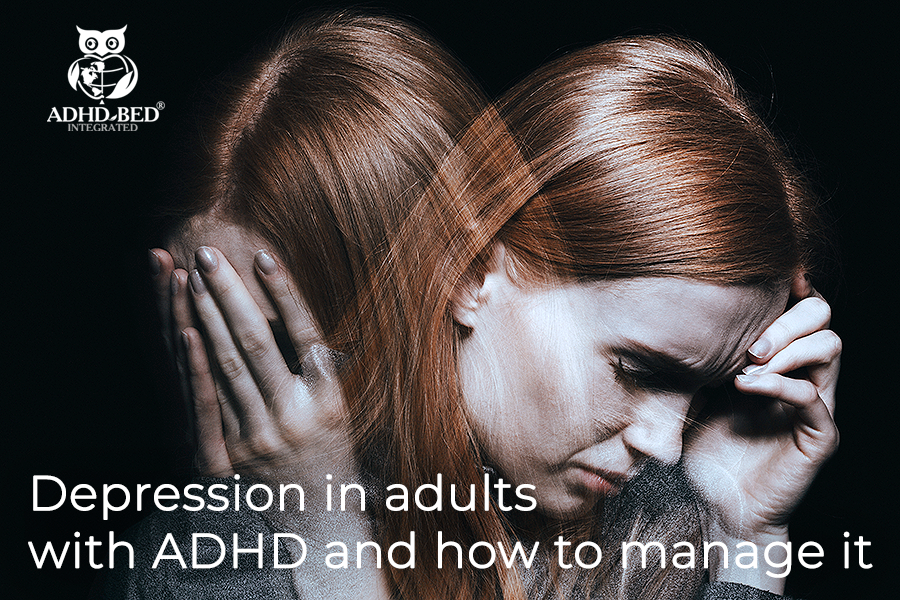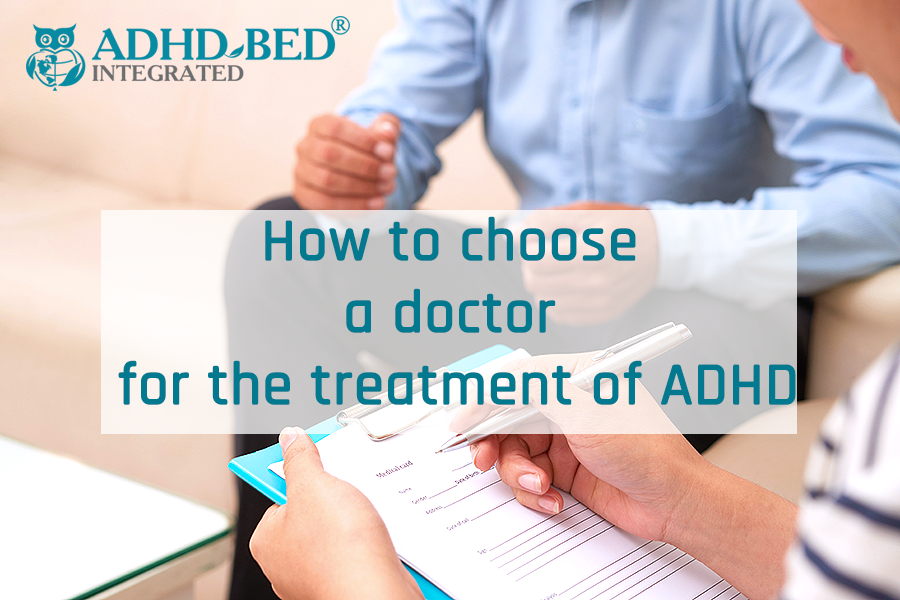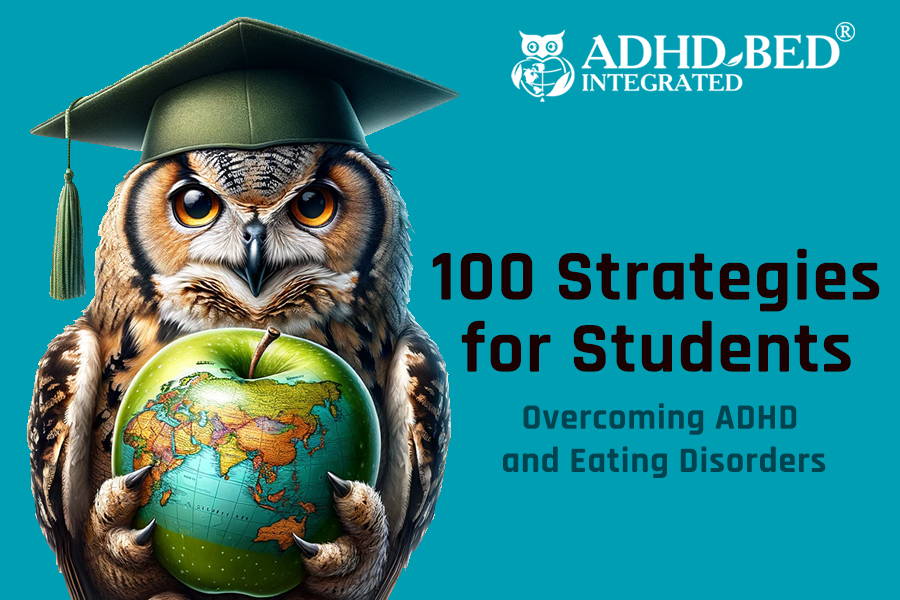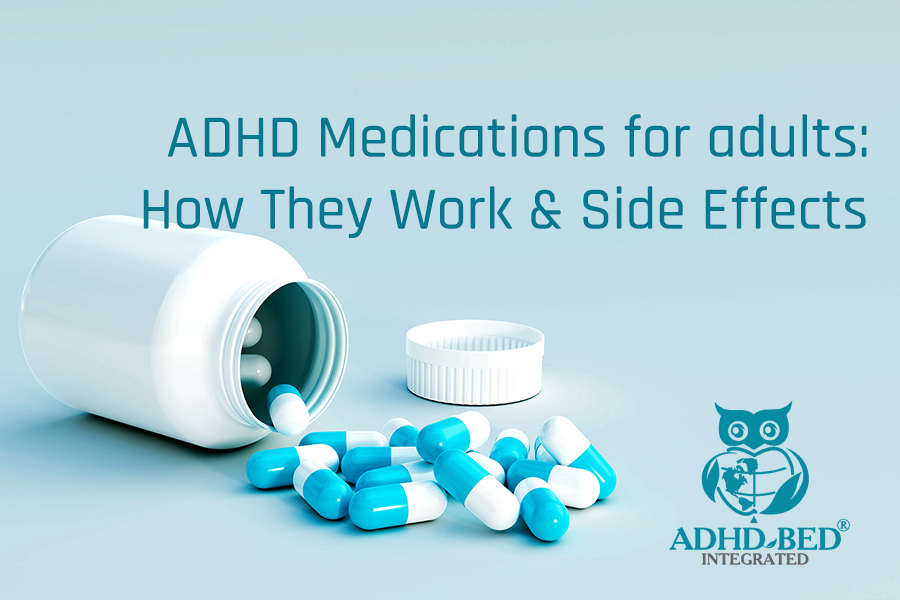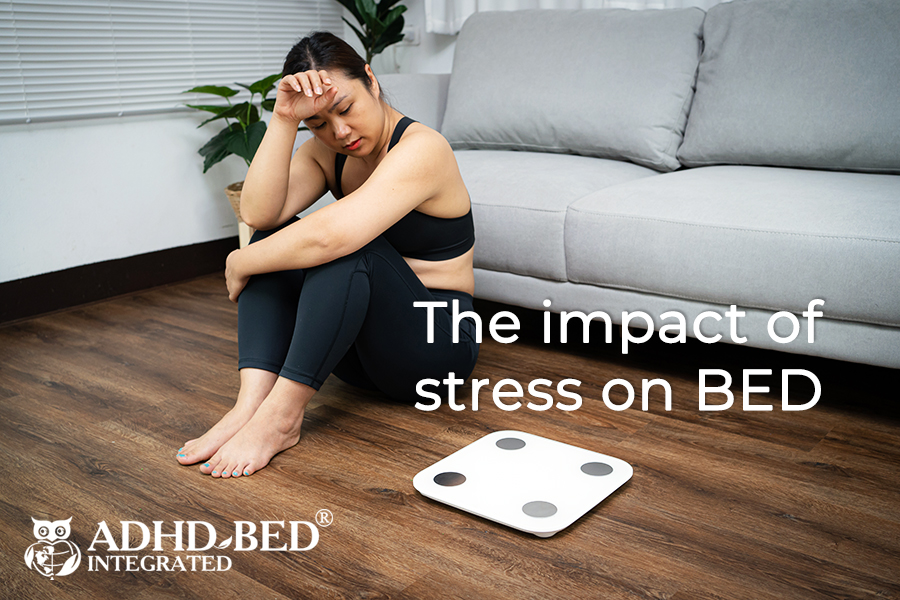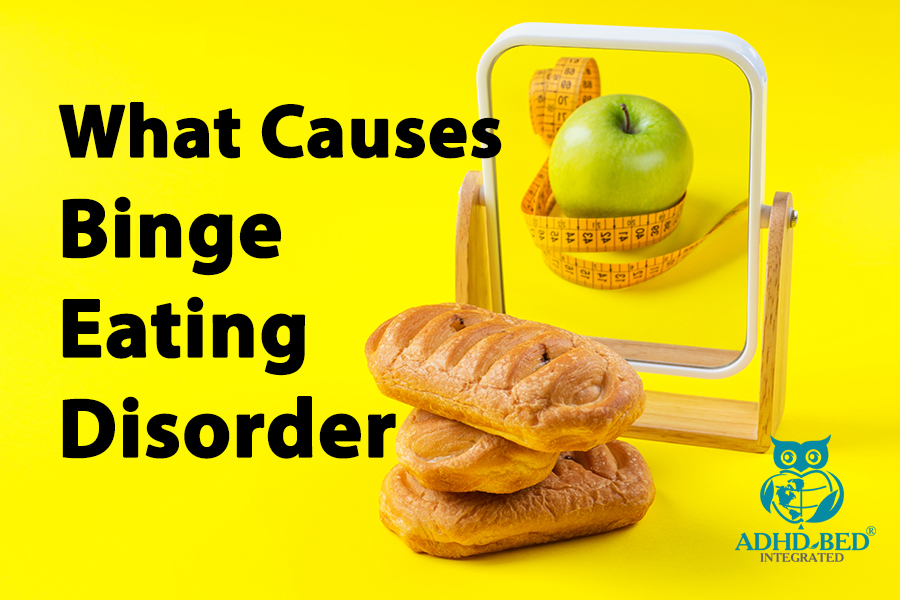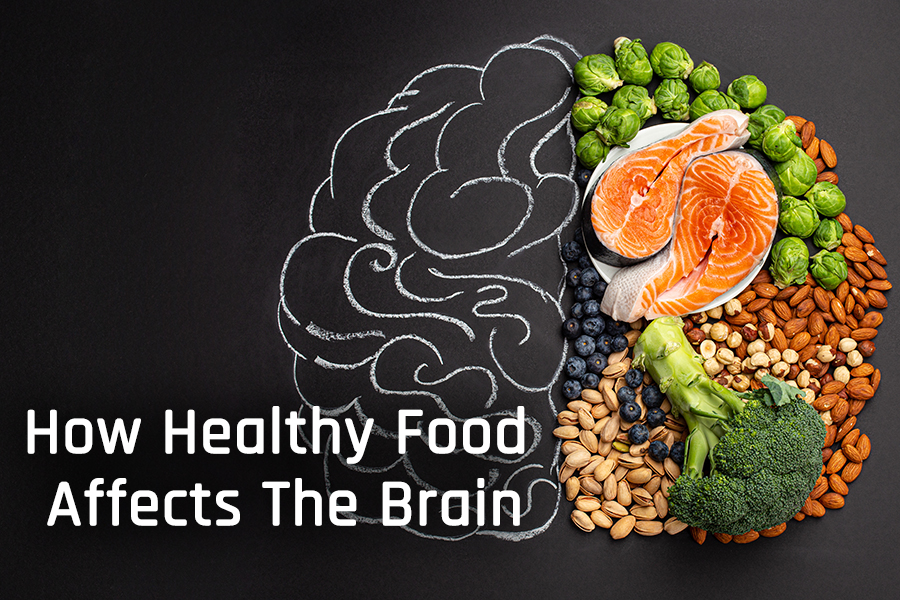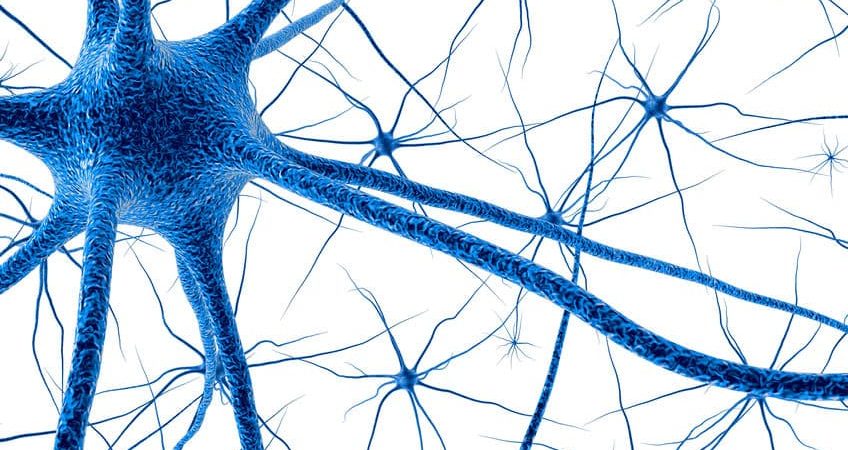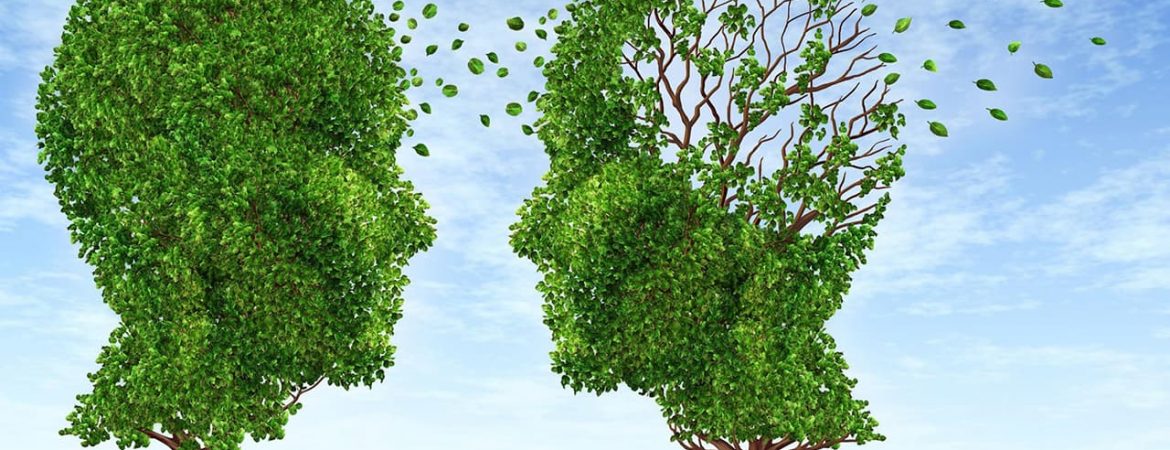Introduction Attention Deficit Hyperactivity Disorder (ADHD) is the most common childhood neurodevelopmental disorder in the world. It is characterised by symptoms of inattention, hyperactivity and/or impulsivity, which typically begin in childhood and can manifest into adulthood. ADHD affects approximately 2% …
Write to us
[email protected]
If you are a registered patient, please, contact by email or phone number provided by Intake nurse or Care GP team.
GP REFERRALS: email the referral to [email protected] ; fax: +61 3 8395 0030 | Processing time - 24 hours
Introduction Attention Deficit Hyperactivity Disorder (ADHD) is a neurodevelopmental disorder characterised by symptoms of inattention, hyperactivity and impulsivity. Being a neurodevelopmental disorder, symptoms of ADHD typically begin in childhood and can manifest into adulthood. People with ADHD commonly have trouble …
1. Establish a Structured Routine A consistent routine can anchor your day, providing clarity and reducing the mental load of decision-making. Start and end your day at the same time, eat meals at regular intervals, and designate specific blocks for …
Introduction Attention Deficit Hyperactivity Disorder (ADHD) is the most common childhood neurodevelopmental disorder in the world. It is characterised by symptoms of inattention, hyperactivity and/or impulsivity, which typically begin in childhood and can manifest into adulthood. People with ADHD commonly …
Introduction Binge Eating Disorder (BED) is the most commonly diagnosed eating disorder, affecting around 2 to 3% of the population. It is a serious psychiatric disorder involving recurrent periods of binge-eating, that are characterised by trance-like episodes of consuming abnormally …
Introduction Binge Eating Disorder (BED) is the most commonly diagnosed eating disorder, affecting around 2 to 3% of the population. It is a detrimental psychiatric disorder, involving recurrent periods of binge-eating characterised by trance-like episodes of eating and consuming abnormally …
Introduction Binge eating is one of the most common symptoms of Attention Deficit Hyperactivity Disorder (ADHD) – the most common neurodevelopmental disorder in the world. Whilst ADHD is characterised by the core symptoms of inattention, impulsivity and hyperactivity, studies have …
What is Binge Eating Disorder (BED)? Binge Eating Disorder (BED) is a serious psychiatric disorder involving recurrent periods of binge-eating, as characterised by trance-like episodes of eating and consuming abnormally excessive amounts of food. Amongst all the eating disorders described …
The connection between the food we eat and mental health Nowadays, the relationship between food and brain health is obvious and proven scientifically. Certain nutrients, including vitamins, antioxidants, and omega-3 fatty acids, assist brain function and general health. Unfortunately, a …
Introduction Attention Deficit Hyperactivity Disorder (ADHD) is the most common neurodevelopmental disorder, manifesting in symptoms of inattention, hyperactivity or impulsivity. It is a disorder which begins in childhood, and may persist into adulthood if undiagnosed or untreated. Although highly prevalent, …
